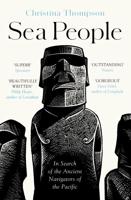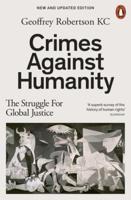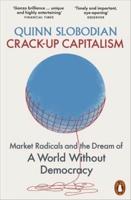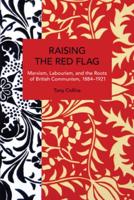Publisher's Synopsis
On July 31, 1902, the Mt. Kembla coal mine in southern New South Wales exploded, killing ninety-six men. It is the worst disaster to occur on land in Australia's history. The explosion took place during a time of social and industrial upheaval, when safety issues had become a bargaining point between management and miners. The NSW coal industry was slowly emerging from the 1890s depression, and the miners were testing their industrial strength in the Arbitration Court. This book is a rich social history which traces these events from the decades preceding the blast, the frenetic rescue operation and mass funerals, through the series of acrimonious legal inquiries, to the divisive relief effort and the continuing commemorating of the disaster by the community of Mt. Kembla. Piggin and Lee examine the disaster within the broader context of the social, political, and industrial systems in which it was set. They conclude that, contrary to the common view that such catastrophes result in positive change, the Mt. Kembla disaster had little long-term effect. The local community compensated for political inertia with an intense internalization of the trauma.










